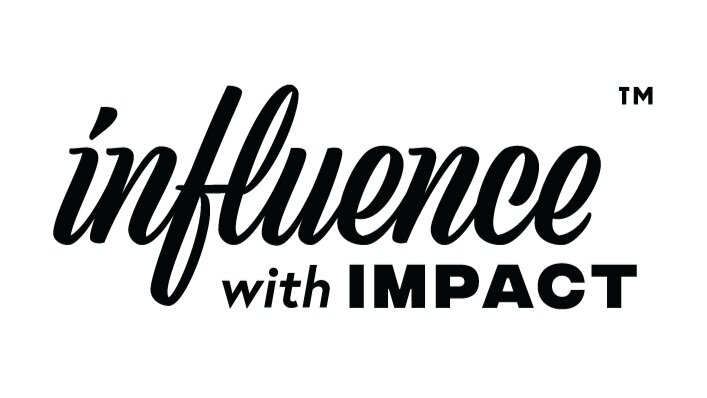Millennials and Debt: How It Can Already Impact You Negatively
Millennials are some of the most technologically advanced, information-loaded generation of humans to date. With all this knowledge and access to it, it’s often easy for millennials to fall into the trap of misinformation. You’re told to take out the credit card; or you’re told not to. You’re told to take out that loan, you’ll pay it off easily later; or you’re told to take a second job and avoid a trip to the financial aid office.
One thing millennials are notorious for struggling with is control of their debt. As much as we want to avoid it, today’s world revolves around money. But, more and more we’re finding that how much you have in the bank today isn’t as important as how clean your credit history looks. This can be the difference between affording your first home, saving on car payments, and avoiding hefty interest rates.
Disregarding your debt can come with long-term consequences you may not realize until you’re in too deep. An infographic by MBA@Syracuse, the university’s online MBA program, shows just how much bad credit can affect long-term purchases: an additional $4,975 on credit cards, $9.320 on car payments and a painful $30,057 on your first home. That’s not all, here are other sneaky ways debt can impact your life.
1. It can lead to emotional stress.
It’s easy to understand how the stress of debt and instability can lead to serious emotional stress, even depression. On top of that, some people try relieving feelings of depression by compulsive shopping – bringing your debt count even higher! A person may feel trapped, desperate and hopeless looking at their messy finances and it can be incredibly detrimental to their overall wellbeing.
2. You will not be able to afford buying a home.
As you battle through debt, you may be forced to live in an apartment to make smaller housing payments. In the meantime, that means you’re saving less to make the hefty down payment for your first home. Add in thousands of dollars in debt and your credit score may become the roadblock to getting an affordable rate for your humble abode.
3. You might be disqualified for a job.
Companies are frequently conducting background checks, which often times include a credit check. If your job requires that you handle money, deep debt can scare an employer away from hiring you. In another instance, some hiring teams will take bad credit as a sign of irresponsibility and look away from your application. According to Whitman’s online MBA program, 1 in 10 unemployed people are denied a job due to poor credit.
4. A harder time during retirement.
This mistake, and one of the biggest, won’t be felt for another 40 to 50 years. Saving for retirement is nearly impossible to do when you’re making heavy payments to reduce debt. The average American is only saving about $25,000 for retirement, which is not nearly enough to sustain a comfortable lifestyle after leaving your job. For many, the reality becomes that you have to take a part-time job after retiring from your career.
The good news: New laws passed after the financial crisis of 2008 have made it more difficult for millennials to rack up credit cards without proof of income, which has kept many from spending what they can’t pay off. A few simple ways to get yourself out of debt include saving as much as you spend, paying any and all bills on time, negotiating a higher salary or starting to build credit with a small loan or credit card you can easily pay off.
With a little guidance and education, getting out of debt is achievable.


